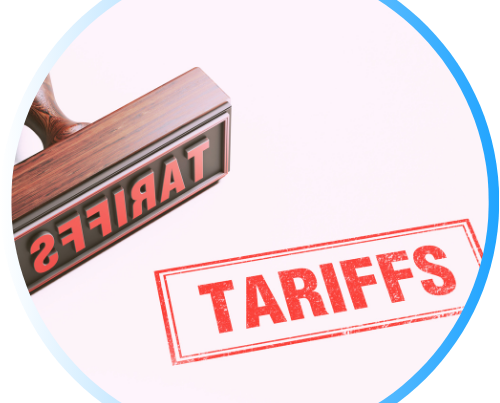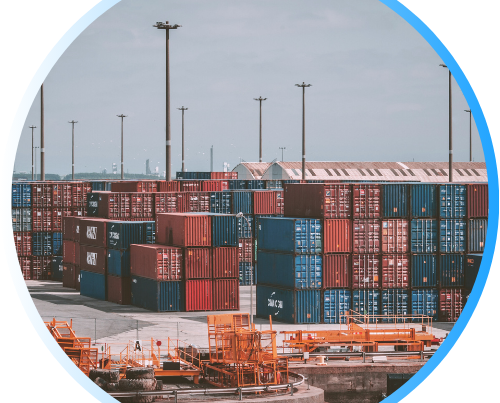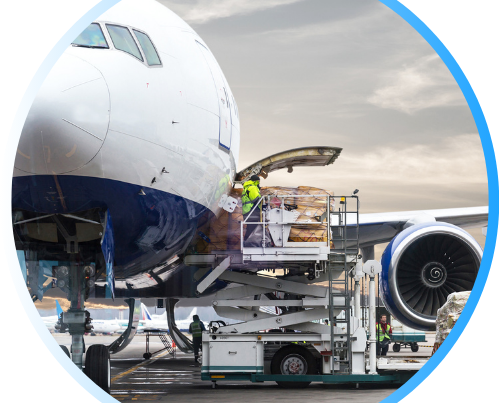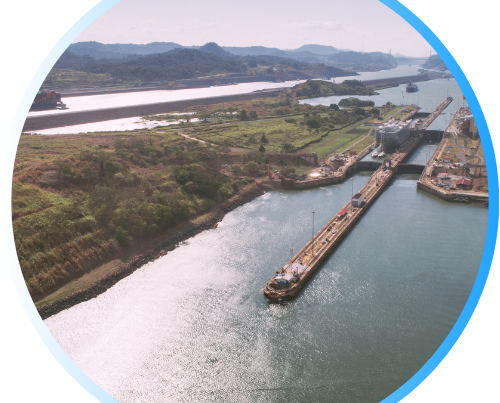Rate Related Update and Market Conditions
Market Conditions
TPEB (Trans-Pacific Eastbound)
-
Demand on the Trans-Pacific Eastbound lane has started to ease as recent tariff escalations weigh on shipment planning. The outlook suggests further softening in volumes through April, with limited upward rate movement expected. Floating rates have been extended through month-end, and no Peak Season Surcharge is scheduled for April.
FEWB (Far East Westbound)
-
Some TPEB cargo has been redirected to Europe, leading to a marginal rise in Far East Westbound volumes. However, the broader demand outlook remains uncertain due to ongoing trade policy shifts. Rates have held steady for the fifth consecutive week, supported by higher vessel utilization.
TAWB (Trans-Atlantic Westbound)
-
On the Trans-Atlantic Westbound route, market conditions have stabilized with blank sailings now reduced from March levels. Rate pressure varies by subregion—Northern Europe sees continued PSS cancellations, while East Mediterranean carriers have moved forward with surcharge implementation in anticipation of growing demand.
Operational Updates
TPEB:
-
Container equipment remains readily available across major Asian origins, and no significant shortages are expected near term. Port operations continue without notable congestion delays on this lane.
FEWB:
-
Congestion continues to affect key European ports such as Piraeus, Mersin, Valencia, Hamburg, Antwerp, and Rotterdam, impacting schedule reliability. Equipment access is currently adequate across most origin ports.
TAWB:
-
Equipment shortages persist in parts of Central and Southeastern Europe, particularly in inland regions like Austria, Hungary, and Switzerland. Shippers may benefit from selecting carrier haulage in these areas. Mersin is also experiencing local container shortages.
Capacity Management
TPEB:
-
Capacity has tightened significantly this month, with approximately 20% of market space withdrawn due to a rise in blank sailings and temporary service suspensions. Carriers are actively managing supply in response to softer demand.
FEWB:
-
The Ocean Alliance is set to implement a new round of blank sailings beginning mid-April to address ongoing overcapacity. In addition, the Premier Alliance has removed certain sailings starting Week 19. Shippers are encouraged to confirm late-April schedules and book space early.
TAWB:
-
Although overall blank sailings have eased on this trade, residual impacts from March reductions continue to affect East Mediterranean routes. Carriers remain cautious in deploying full capacity due to localized operational disruptions and fluctuating regional demand.
Sources: xeneta.com, maersk.com, yangming.com, evergreen-line.com, supplychaindive.com
📦 Current U.S. Tariff Status – As of April 10, 2025
All imports into the U.S. are now subject to a 10% baseline tariff, following implementation earlier this month. While reciprocal tariffs for many countries were initially announced, these have been suspended for 90 days and are expected to remain on hold until early July.
China remains the exception, which is at reciprocal of 125% in addition to all other already rates that have been implemented.


Proposed U.S. Port Fees on Chinese Vessels Draw Industry Pushback
A proposal from the U.S. Trade Representative to impose over $1 million in port call fees on container ships made in China has faced widespread criticism during recent hearings. The policy, which could be finalized later this month, is seen as a potential second front in ongoing U.S.-China trade tensions. Industry voices, including transportation consultants, have raised concerns about the impact on supply chains and port operations.
Trade Uncertainty Slows Global Supply Chains Amid New Tariff Moves
Global trade is showing early signs of slowdown following recent tariff escalations between the U.S. and China. Despite a temporary pause on some duties, high tariff rates remain in effect, prompting businesses to delay orders and adjust production. Several major manufacturers, technology firms, and consumer brands are reported to be pausing imports or reducing operations. Analysts warn that ongoing uncertainty could impact global trade volumes for months to come.


Heavy-Lift Ship Orders Reflect Anticipated Offshore Energy Recovery
BlackRock’s acquisition of key port assets in Panama is facing delays as the Panamanian government conducts an audit of a 25-year concession held by CK Hutchison. The deal is part of a larger global ports transaction. Concerns raised by Panama’s Comptroller General could affect final approvals and potentially lead to legal complications, as scrutiny intensifies over Chinese-linked infrastructure projects in strategic locations.

